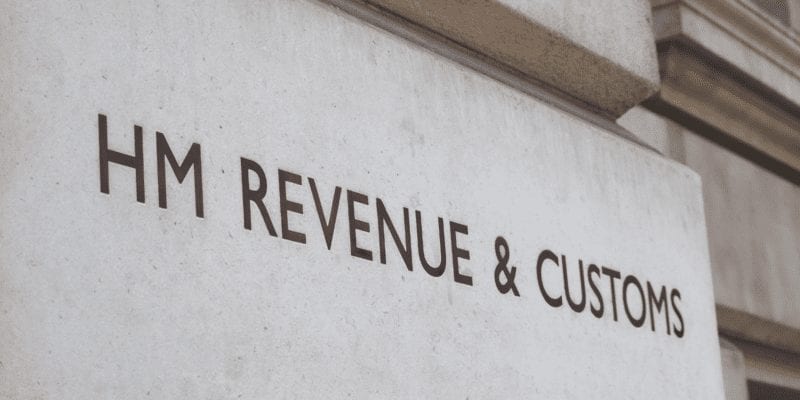Unlike secured loans, borrowers of personal loans are not required to put up any assets as collateral. Lenders must examine each application for a Personal Loan with great care.
All applications are automatically denied if even one requirement is not met. No financial institution would risk its funds unless they were convinced nothing could go wrong.
Consequently, if your application was denied, it was probably due to one of these reasons:
Credit Rating
How about your revolving debt? Have you been keeping up with your EMIs and credit card payments? Your credit may be low if there is evidence that you are, or maybe, late with your bill payments.
A low credit score might affect your access to loans and other financial opportunities. If you have a history of defaulting on loans, financial institutions will assume you will continue to do so in the future. That makes it much easier for financial institutions to turn down your loan request.
Even if you have never had a bank account or credit card, your application for a Personal Loan might still be denied. It indicates that your credit history is limited, making financial institutions wary of extending your loans.
Debt Levels Way Too High
Lenders will be particularly interested in your debt-to-income ratio. If you already have many loans and are paying back close to 40% to 50% of your income, banks may be hesitant to provide you with any more credit.
When you take out too many loans at once, people start to question whether or not you’ll be able to repay them. Your revenue will eventually be too low, and you’ll have to default. Consequently, paying off at least one prior loan is prudent before applying for a new one.
Continual Job Insecurity
Your loan application is more likely to be rejected if you have been switching employment every six months. Lenders will want evidence that you are gainfully employed and making enough monthly money to repay your loan.
On the other hand, people won’t be able to put their faith in you if you’ve been bouncing about from job to job. Most financial institutions require their customers to have been employed at their current institution for at least a year. A rejection notice is sent to anyone whose loan application is incomplete because they do not fulfill this condition.
Sum of Money You Make
As seen in Lifestyle Magazine, lenders may reject your application for a Personal Loan if they determine that your income is insufficient to cover the monthly installments. Before applying, make sure you satisfy all of their requirements. You will need to meet the minimum income criterion most institutions set. Your EMI payment cannot exceed 20% of your gross monthly income.
There Are Way Too Many Rejections
Did you realize the credit bureaus keep track of every loan application you make? In this way, your credit score will decrease with each loan application that is declined. Multiple applications look terrible on a credit report as well.
Proper Work Experience and Age
Many financial institutions have stringent requirements for loan applicants’ age and length of work before they approve a loan. In most cases, a Personal Loan will need you to have worked full-time for at least two years.
It’s similar in that you need to be at least 21 to apply for the loan. If you’re above 65, you can officially retire from your job.
Conclusion
Your loan application may or may not be accepted. The blunders listed above are the most typical, so be sure to keep that from happening. Maintain an accurate credit history and give correct information if you want to apply for a Personal Loan.
If you meet the requirements set forth by the seller, you will be granted the loan. To succeed, all you can do is stick to these basic requirements.








Leave a Reply
View Comments